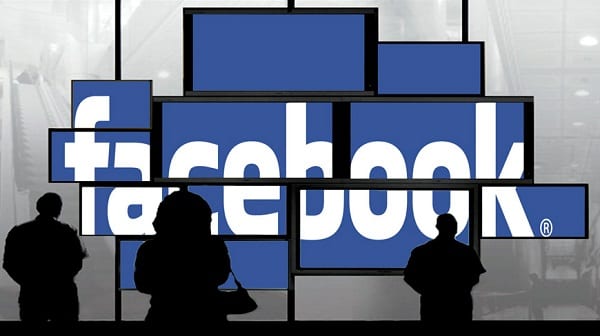The Facebook scandal has not only dented the Menlo Park company’s reputation but also served as a wake-up call for social media firms and marketers on the transparency around data collection and users’ changing attitude towards data collection methods. The recent Cambridge Analytics-Facebook data scandal caused mass outrage among users over the use of consumer behavioural data and how it is harvested by third party users across a wide range of platforms. Facebook and Twitter have already come under scanner for hosting extremist ads and fake news on their platform.
Industry veteran Rajeev Srinivasan observed in Open Magazine that so far the ad-revenue model for social networks has been selling consumer data. Tech behemoths like Google and Facebook host ads on their platform by providing diced and sliced demographic data. Facebook and Google are dubbed as digital supply chains delivering more than a quarter of advertisements of brands. An Investors news report indicate that some of the world’s biggest brands spend a quarter of their advertising budget on digital medium. Unilever deemed the world’s biggest advertiser spent $2.4 billion on marketing its family of brands.
So What’s Changed For Brands/Marketers & Social Media Companies?
Data collection policies will undergo a change: Social media companies will have to ensure that data collected is real and genuine. As marketers refine and improve their way of data collection, marketers will also have to ensure that data doesn’t become public.
Data privacy will come to the fore: As social media companies will evolve new ways to find relevant user data, companies will also become doubly sure about data breaches. Often, social media companies known for promoting fake profiles will find themselves in trouble and face loss of public trust and suffer reputational damage.
Data Safety will become crucial: Companies storing data on the cloud would also step up security to prevent leak or breach of data.
Informed consent from user: Given how governments across the world are tightening data privacy rules and paving the way for informed consent (e.g. GDPR allows users to ask companies to delete their data) gradually, social media companies in a bid to collect psychographic markers would bring back consent to avoid loss of consumer trust. So marketers and brands who want to collect individual data will have to seek explicit permission from users.
Data privacy rules could rewrite the way data harvesting is done: For example, for long marketers have used the loyalty card to understand and track a user’s behaviour. This data is further sold to brands to improve their marketing campaigns. Going forward marketers and social media companies may have to give disclosures on how they wish to leverage the data harvested.
Facebook and Google will make data more restrictive: Given the public outrage over the recent data breach, social media giants Facebook and Google could restrict the data they make available to marketers for the ad campaigns. This implies that social media companies and brands will have to work doubly harder to find the right data. News just poured in about Facebook stopping apps from harvesting user’s data about two weeks ago.
Outlook
Brands that have been associated with Facebook and Instagram will become more aware about privacy breaches that could end up in a PR nightmare. Or companies that find novel ways of collecting and analyzing online data may find themselves in a great deal of trouble when their methods become public knowledge. With stricter policies coming into force, marketers would change the way consumer data is accessed and used. Perhaps less data will become more relevant to brands. Industry experts believe brands and marketers can improve their customer experience when they harvest the right data.
Meanwhile, social media behemoths Google, Facebook, Twitter and Youtube are working hard to fight fake news, hate speech and abuse on their platforms, brands are becoming more aware of the challenges posed by associating with these platforms. For example, Tesla chief Elon Musk deleted both the company pages – Tesla and SpaceX with the barb, “What’s Facebook”. Tesla chief Musk is not the only one to sever ties with Facebook, Mozilla tweeted about taking a break from Facebook and pressed pause on FB advertising. Consumer electronics company Sonos has pulled ads from Facebook and all other social media platforms like Google, Youtube and FB-owned Instagram. Even Hugh Hefner founded iconic magazine Playboy pulled the plug on Facebook to safeguard user’s privacy.





















